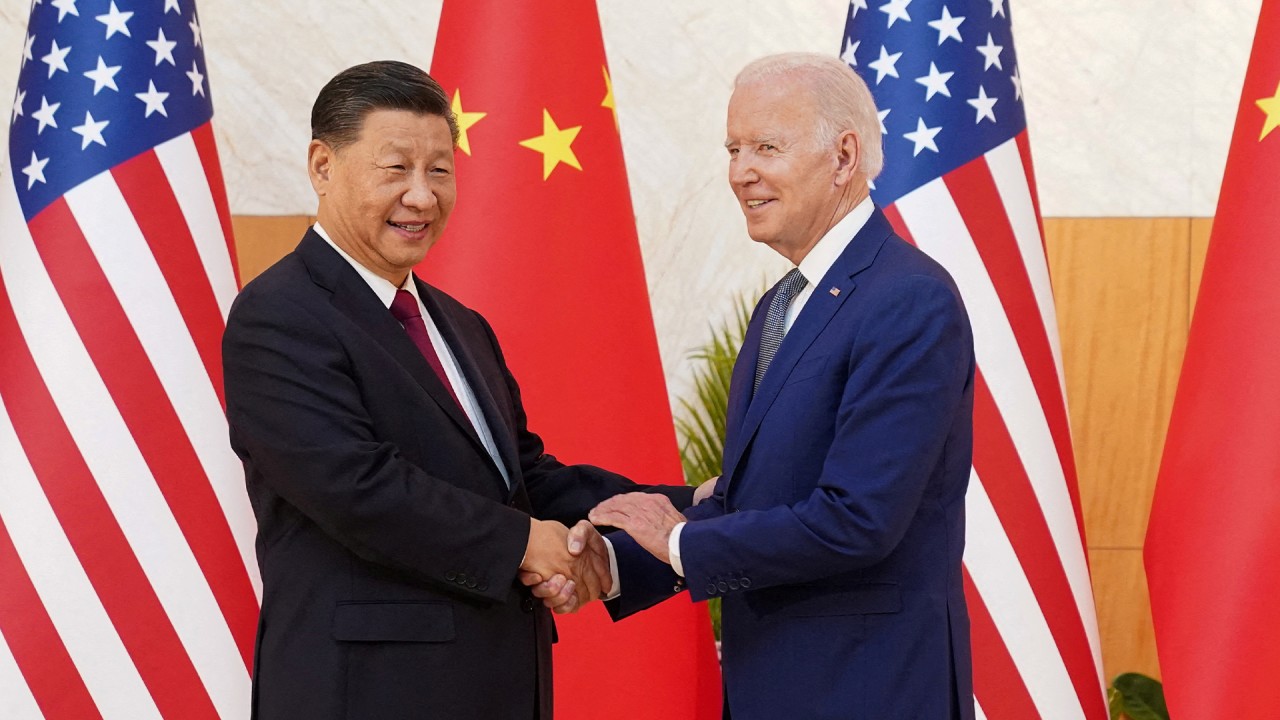
G20: Xi-Sunak meeting called off due to ‘scheduling issues’
- Talks cancelled because of time pressures after today’s ‘snap meeting’ on missiles in Poland, according to tweet from the Guardian’s deputy political editor
- The last in-person meeting between the leaders of Britain and China was in February 2018
A Downing Street spokesperson said on Wednesday that the meeting was cancelled due to “scheduling issues”.
The Guardian’s deputy political editor Jessica Elgot tweeted that the meeting was cancelled “because of time pressures after the snap meeting this morning on the missiles in Poland”.
US President Joe Biden held an emergency round table with leaders from Germany, Canada, the Netherlands, Japan, Spain, Italy, France and the United Kingdom on Wednesday morning, after two people were killed in an explosion in Poland near the border with Ukraine.
Sunak did not address the cancelled meeting in his press conference following the end of the summit.
PM Sunak says Britain could send weapons to Taiwan
On Wednesday afternoon, Chinese foreign ministry spokeswoman Mao Ning said of the cancelled meeting: “I have no information to share with you.”
“We hope the UK works together with China.”
Xi-Biden talks: Taiwan is still the big red line in China-US relations
When travelling to the G20 summit with reporters on Tuesday, Sunak said China “poses a systemic challenge to our values and interests” and “represents the biggest state-based threat to our economic security”.
“We stand ready to support Taiwan, as we do in standing up to Chinese aggression,” Sunak said.
The British government’s last review described China as a “systemic competitor”.
Sunak labelled China the “biggest long-term threat to Britain” and vowed to be tough on the country when he ran against Truss, who accused him of being weak on Beijing and Moscow. But he called for a “mature and balanced” relationship and closer economic ties with China when he spoke as finance minister in July of last year.
Shi Zhiqin, an international relations professor at Tsinghua University in Beijing, said China-UK ties had faced troubles in recent years.
“If a meeting could have taken place in Bali, the bilateral relationship would surely have got a positive push, just like that with the US. A face-to-face meeting could have addressed each other’s concerns better than shouting across the sky,” he said.
Additional reporting by Reuters and Liu Zhen


